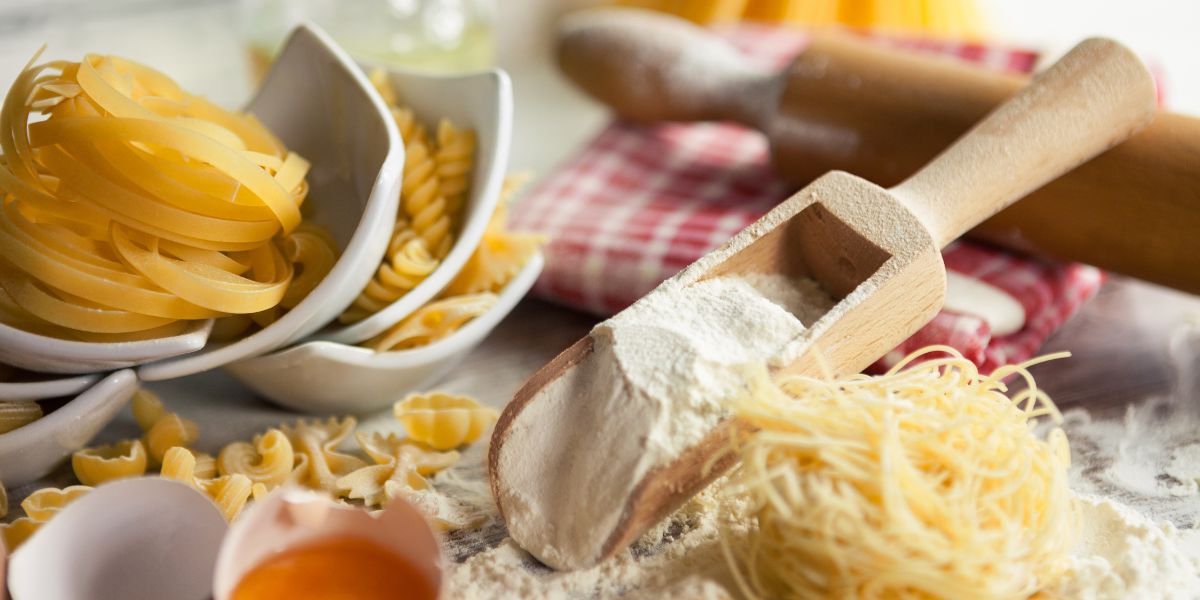Cooking from scratch means preparing meals using fresh, raw ingredients instead of pre-packaged or processed foods. This approach allows greater control over nutrition, flavor, and ingredient quality. It often leads to healthier and more satisfying meals.
This guide explores the benefits of cooking from scratch, provides practical tips, and includes popular recipe ideas to get started cook from scratch recipes.
Benefits of Cooking from Scratch
- Healthier Meals: Fresh ingredients contain fewer additives, preservatives, and artificial flavors. This helps reduce intake of excess sugar, salt, and unhealthy fats.
- Better Flavor: Homemade recipes allow customization of seasoning and freshness.
- Cost-Effective: Purchasing raw ingredients in bulk and avoiding convenience foods can lower food expenses.
- Skill Development: Cooking from scratch improves culinary skills and knowledge of ingredients.
- Reduced Waste: Using whole ingredients reduces packaging waste.
Essential Ingredients for Cooking from Scratch
Basic pantry ingredients to support cooking from scratch include:
- Fresh vegetables and fruits
- Whole grains such as rice, oats, and pasta
- Proteins like eggs, chicken, beans, and fish
- Herbs and spices for flavoring
- Cooking oils like olive or vegetable oil
- Dairy products such as milk, cheese, and yogurt
Having a well-stocked pantry enables variety and flexibility in meal preparation.
Tips for Successful Cooking from Scratch
- Plan meals ahead to ensure all necessary ingredients are available.
- Use simple recipes when starting to build confidence.
- Invest in basic kitchen tools such as knives, pots, pans, and measuring cups.
- Prepare larger portions to save leftovers for future meals.
- Keep a cooking journal to track recipes and modifications.
Popular Cook from Scratch Recipes
1. Homemade Soup
Start with fresh vegetables, broth, and seasoning. For example, a classic vegetable soup uses carrots, celery, onions, tomatoes, and herbs simmered until tender.
2. Fresh Pasta Sauce
Make tomato sauce from fresh tomatoes, garlic, olive oil, and basil. Slow cooking enhances flavor without added preservatives.
3. Baked Bread
Using flour, water, yeast, and salt, homemade bread is simple and rewarding. Recipes vary from basic loaves to artisan styles.
4. Stir-Fry Vegetables
Combine fresh vegetables with garlic and soy sauce. Quick cooking retains nutrients and texture.
5. Simple Salads
Mix fresh greens, nuts, seeds, and homemade dressings like olive oil and lemon juice.
FAQ: Cook from Scratch Recipes
Is cooking from scratch time-consuming?
Initial preparation may take more time, but efficiency improves with practice. Planning and batch cooking reduce daily effort.
What are good beginner recipes?
Simple soups, pasta dishes, and salads are great for beginners.
Can cooking from scratch save money?
Yes. Purchasing whole ingredients often costs less than pre-packaged meals.
How do I store leftovers safely?
Use airtight containers and refrigerate within two hours of cooking. Consume leftovers within 3-4 days.
Are cook from scratch meals healthier?
Typically, yes. They avoid added sugars, sodium, and unhealthy fats common in processed foods.
Conclusion
Cook from scratch recipes offer a practical way to enjoy nutritious, flavorful meals made from fresh ingredients. This method improves diet quality, supports budget management, and builds useful cooking skills.
Starting with simple recipes and essential pantry items allows gradual mastery. Over time, cooking from scratch can become a rewarding and sustainable part of daily life.

Comments are closed